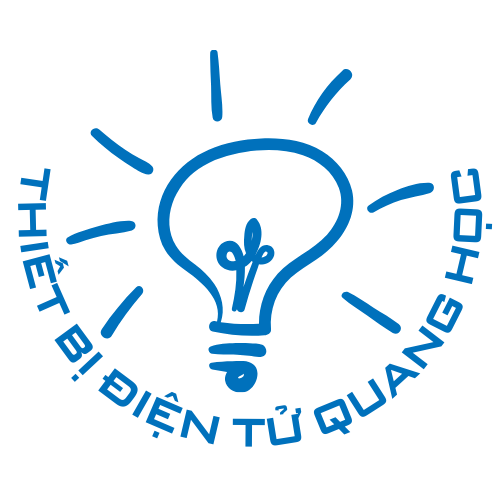The travel industry in 2025 stands at a turning point of innovation and responsibility. As global tourism surges to pre-pandemic levels, travelers and industry entities alike are maneuvering a landscape transformed by eco-conscious mandates, digital innovations, and changing visitor priorities.
## Eco-Friendly and Eco-Conscious Travel
The necessity for sustainability has become a foundation of modern travel. By 2025, the tourism sector is projected to generate 6.5 billion metric tons of climate pollutants, necessitating swift interventions. Destinations like Costa Rica and Bhutan are spearheading this charge, with the latter maintaining its status as the world’s only emissions-reversing country through stringent guest quotas.
Regenerative tourism models, such as New Zealand’s Māori-led sustainable excursions, are gaining traction. These programs reflect a broader shift: 73% of travelers now prefer brands with comprehensive green strategies.
## Personalization and Personalized Adventures
Luxury travel in 2025 is synonymous with ultra-tailoring. Selective visitors seek transformative journeys customized to their unique interests. Operators like LuxGroup emphasize “ethical luxury,” merging luxury with traditional engagement.
AI technology is transforming trip planning, enabling flexible agendas that respond to instantaneous choices. This trend matches findings that 64% of luxury travelers prefer bespoke packages over cookie-cutter options.
## Avoiding Overtourism Through Innovation
Overtourism remains a critical challenge, prompting travelers to seek “alternative locations” and off-peak travel. Cities like Ljubljana are alleviating congestion through car-free zones and cycling networks.
Administrations are intervening; Amsterdam and Majorca have introduced tourist limits and conduct regulations to protect local ecosystems.
## Technology’s Role in Hassle-Free Tourism
AI’s influence spreads beyond personalization into operational efficiency. AI agents handle 24/7 customer inquiries, while forecasting algorithms optimize flight schedules and hotel pricing. Digital simulations previews allow travelers to “test” destinations before booking.
Apps like Seven Corners streamline trip management, offering instant notifications on weather, crowds, and transportation delays. Cryptographic recordkeeping enhances openness in carbon offset programs.
## Prolonged Trips and Cultural Immersion
The era of whirlwind tours is fading. High-end tourists are typically taking two-week stays to strengthen cultural connections. Families are increasingly embracing “work trips,” merging remote work with prolonged visits.
## Occasion-Focused Travel and Unique Adventures
“Concert traveling” has surged, with fans traveling worldwide for major events. Stargazing travel—exemplified by skywatching in Chile’s Atacama Desert—reflects increasing demand in astronomical events.
## Wellbeing and Unplugged Retreats
Self-care journeys is evolving beyond wellness centers to encompass comprehensive wellness. Tech-free escapes combine meditation with farm-fresh meals, aligning with a 95% surge in demand for health-oriented itineraries.
## Monetary Tactics and Cost-Sensitive Travel
Travelers are utilizing membership benefits and combined packages to enhance benefits. Banking incentives are being deliberately exchanged for upgrades, reflecting a shift toward “smart luxury”.
## Final Analysis
The travel landscape of 2025 is defined by its duality: a yearning for exploration tempered by moral responsibility. As destinations balance advancement with conservation, stakeholders can ensure tourism remains a bridge—not a barrier—to a more united and conscientious world.
